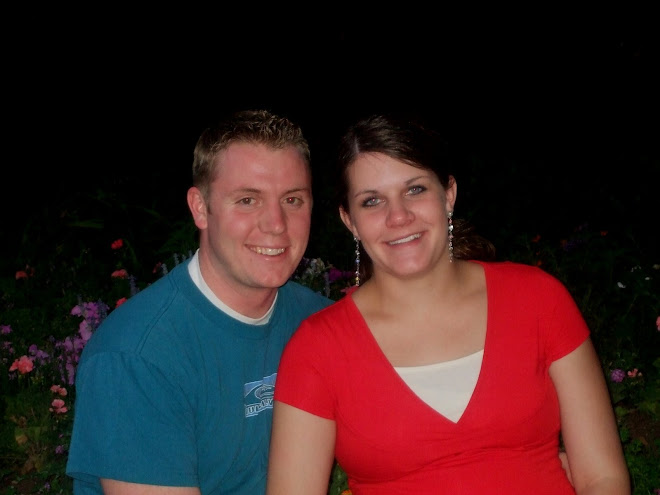
“The day John Kirkham abandoned his family, he came home early from work.”
Thus begins the biography-turned-historical fiction chronicling the life of Dinah Kirkham, a woman raised in the abusive circumstances of Manchester, England during the Industrial Revolution. Later, she was to become one of the first plural wives of Joseph Smith, living to the age of one hundred years in spite of the massive trials and obstacles that confronted her throughout her entire life.
The book is so realistic it borders on being grotesque, inappropriate, and genius. Each character personifies not only the historical figure but also plucks at our own strands of greed, selfishness, and evil embedded in the roots of our own personalities. Card, the author, seems to have at least partly overcome writer’s bias through his own stark honesty at admitting the flaws of human nature, certainly including his own.
I felt gripped by the tale from the very beginning. The very first sentences veritably represents the entire theme of the story, that of how the greatest evil in life truly resides within us. It becomes the choice of each character and, eventually, each of us to decide how that evil may be dealt with, and how the innate goodness and gratitude can be molded into something that can be worked into a difficult but joyful existence.
Conflict is rampant throughout the book, with Card focusing on the choices Dinah had to make between either two good things or two bad things. For example, does she abandon her children or does she abandon her God? Is it better to hurt a friend or betray her own feelings? How can a true feminist also be one of the greatest supporters of plural marriage?
Dinah overcomes rape, abuse, abandonment, crushing guilt, persecution, misunderstanding, forgiveness, sickness, poverty, lost friendships, and much more. She also, somehow, finds consolation and something akin to happiness through the Gospel of Jesus Christ, though I must say that for an author so adept at helping his readers get inside the minds and hearts of his characters, Orson Scott Card fails miserably at representing Dinah’s faith. The why’s of her trials, the reasons for which she was truly able to withstand so much on account of her faith in the Gospel, are left so empty that the book might as well be filled with bullet holes for all that it lacks. I am not sure if Card did not include her faith because of his own personal views, a possible lack of courage, a lack of information from journals and other sources, or simply because he did not understand it in the first place; at any rate, the book ends having represented every character in the rawest form possible, though almost entirely leaving out who God was for them in the entire process. The problem lies in that Dinah’s under-represented testimony of God and the Gospel are the principal reasons for which her life was lived in the way that it was, so the end result of the book is something of an empty but exhilarated feeling.
In spite of lacking such an important element, this is one of the greatest historical novels (if not the greatest) that I have read. Card has achieved an uncensored communication with his readers, and at every turn of the book I found myself in flustered introspection as I examined my own faults and successes. Dinah really got into my soul, so to speak, with her trials, joys, and emotions. It was one of those experiences in which I felt like I was living life through someone else’s eyes, feelings, hopes, and bitter trials. I truly appreciated her story, and when the book was finished and I was finally disembodied from her literary representation I felt uplifted and enlightened regarding not only her life and time, but also my own.
It’s a good book; read it.










































































No comments:
Post a Comment